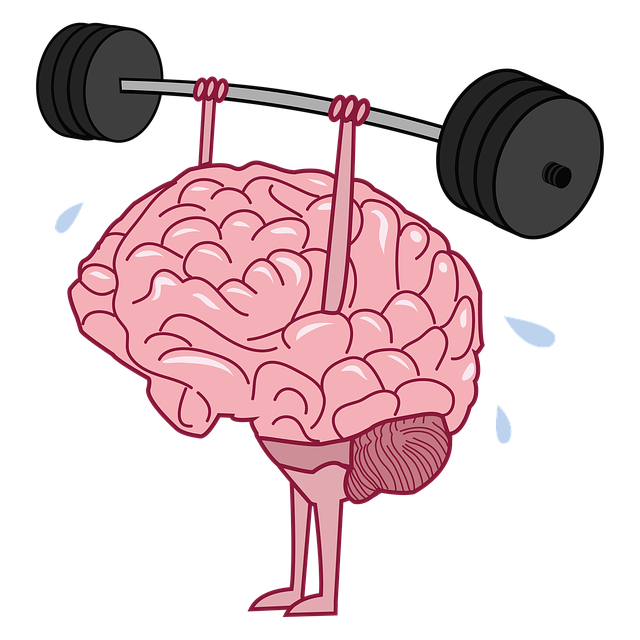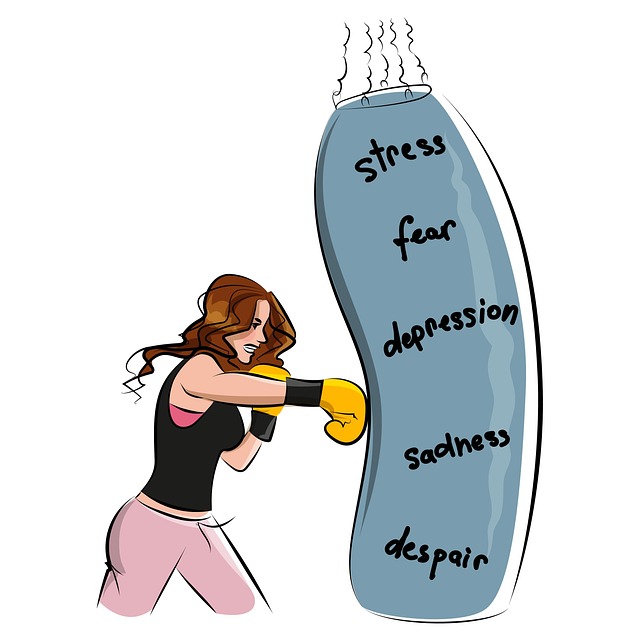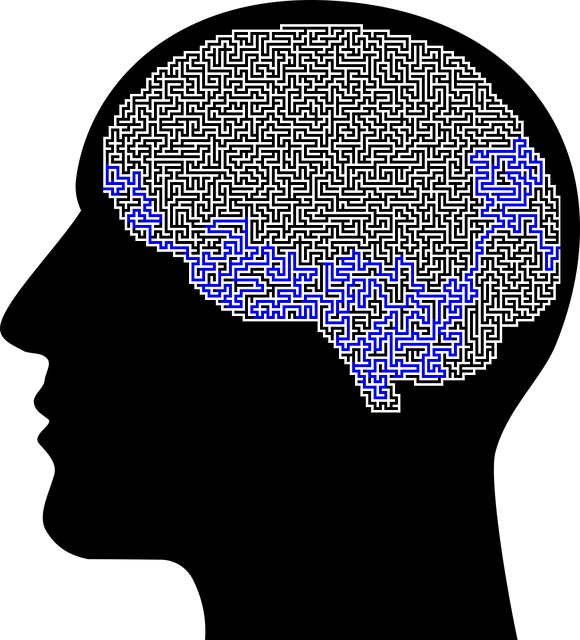Mental wellness programs like Littleton Alcohol Abuse Therapy aim to boost emotional well-being and prevent disorders through counseling, mindfulness, and peer support. Evaluating these programs using a multi-faceted approach—including surveys, interviews, observations, and KPI tracking—is crucial for understanding their impact. This data guides tailored interventions like Burnout Prevention Strategies for Healthcare Providers and Anxiety Relief programs. By aligning evaluation methods with program goals, these approaches ensure personalized care and continuous improvement, fostering emotional healing in individuals and communities alike.
Mental wellness programs play a crucial role in fostering resilience and overall well-being. This article explores effective evaluation methods for assessing these programs, with a particular focus on the successful implementation of the Littleton Alcohol Abuse Therapy (LAAT) model.
We delve into understanding program impact, selecting tailored evaluation tools, measuring success through diverse metrics, and highlighting individual and community benefits. Furthermore, we examine LAAT’s continuous improvement strategy, demonstrating how feedback loops enhance program effectiveness.
- Understanding Mental Wellness Programs and Their Impact
- Selection of Effective Evaluation Methods
- Assessing Program Success: Metrics and Tools
- Measuring Individual and Community Benefits
- Continuous Improvement: Feedback Loops and Adjustments in Littleton Alcohol Abuse Therapy
Understanding Mental Wellness Programs and Their Impact

Mental wellness programs are designed to support individuals in managing and improving their mental health. These initiatives can range from counseling services, like Littleton Alcohol Abuse Therapy, to mindfulness workshops, stress management training, and peer support groups. The goal is to enhance emotional well-being, foster resilience, and prevent the onset or escalation of mental health disorders.
Evaluating these programs is crucial to understanding their impact and effectiveness in achieving desired outcomes. By utilizing various assessment tools and techniques, such as surveys, interviews, and behavioral observations, researchers can gather valuable insights into participant experiences and changes over time. This process helps identify successful components, areas for improvement, and informs the development of tailored interventions, including Burnout Prevention Strategies for Healthcare Providers, to address specific mental health challenges like Anxiety Relief.
Selection of Effective Evaluation Methods

When evaluating mental wellness programs, particularly those aimed at addressing issues like Littleton Alcohol Abuse Therapy, a multifaceted approach is crucial. Effective evaluation methods go beyond simple participant surveys to capture the true impact of interventions. Incorporating a mix of qualitative and quantitative techniques allows for a comprehensive understanding of program success. For instance, structured interviews can delve into personal narratives and changes in thinking patterns, while statistical analysis of pre-post tests quantifies improvements in symptoms like anxiety or depression.
Mindfulness Meditation, as a key component in many mental wellness coaching programs development, might be assessed through observational measures evaluating participants’ ability to stay focused during meditation tasks. Self-esteem improvement can be gauged through validated scales measuring perceptions of personal worth and confidence over time. Ultimately, the goal is to select evaluation methods that align with program goals, ensuring that progress is accurately measured and actionable insights are gained for continuous improvement.
Assessing Program Success: Metrics and Tools

Evaluating the success of a mental wellness program is a multifaceted process that goes beyond simple satisfaction surveys. At Littleton Alcohol Abuse Therapy, for instance, we employ a range of metrics and tools to ensure our programs meet and exceed expectations. Key performance indicators (KPIs) include tracking participant engagement levels, retention rates, and improvements in core symptoms associated with conditions like depression and anxiety. These quantitative measures are complemented by qualitative data from client feedback forms and individual therapy sessions.
Beyond these traditional methods, we also assess program effectiveness through the lens of empathy building strategies and emotional healing processes. By fostering a supportive environment that encourages open communication, we gauge improvements in participants’ ability to express their feelings and connect with others. This holistic approach allows us to tailor our interventions, ensuring that each individual receives personalized care aligned with their unique needs for effective depression prevention and broader mental wellness.
Measuring Individual and Community Benefits

Measuring the benefits of mental wellness programs is crucial to understanding their impact on both individuals and communities. In the context of Littleton Alcohol Abuse Therapy, for instance, evaluation methods should assess how participants’ lives are transformed after undergoing therapy. This includes tracking improvements in emotional well-being promotion techniques used within the program, such as reduced alcohol dependence, improved coping skills, and enhanced resilience to stress.
Beyond individual benefits, these evaluations should also consider the wider community impact. By examining changes in local support networks, risk management planning for mental health professionals, and burnout prevention strategies for healthcare providers, we can gauge the overall health of the community. For example, a decrease in alcohol-related incidents or improved access to mental wellness resources could indicate successful program outcomes that extend beyond individual therapy sessions.
Continuous Improvement: Feedback Loops and Adjustments in Littleton Alcohol Abuse Therapy

At Littleton Alcohol Abuse Therapy, continuous improvement is a cornerstone of our program evaluation methods. We foster a culture of feedback loops and adjustments to ensure that our services remain effective and tailored to the evolving needs of our clients. Regularly soliciting input from participants allows us to identify areas for enhancement, incorporating new strategies and techniques to bolster resilience building and stress management workshops. This dynamic approach not only improves individual outcomes but also contributes to the overall mental health awareness within our community.
Through meticulous assessment and ongoing monitoring, we adapt our programs to address emerging challenges. By staying agile and responsive, Littleton Alcohol Abuse Therapy is committed to providing a supportive environment where individuals can develop sustainable coping mechanisms. This iterative process encourages continuous growth, ensuring that our services remain cutting-edge and aligned with best practices in mental health treatment.
Mental wellness programs, such as the Littleton Alcohol Abuse Therapy, greatly benefit from a comprehensive evaluation process that goes beyond mere satisfaction surveys. By employing diverse methods, including qualitative feedback, quantitative data analysis, and community impact assessments, we can gain profound insights into program effectiveness. This multi-faceted approach ensures that interventions are tailored to meet individual needs while fostering collective well-being. Continuous improvement through feedback loops is essential for optimizing these programs, ultimately leading to more successful outcomes in communities like Littleton.











